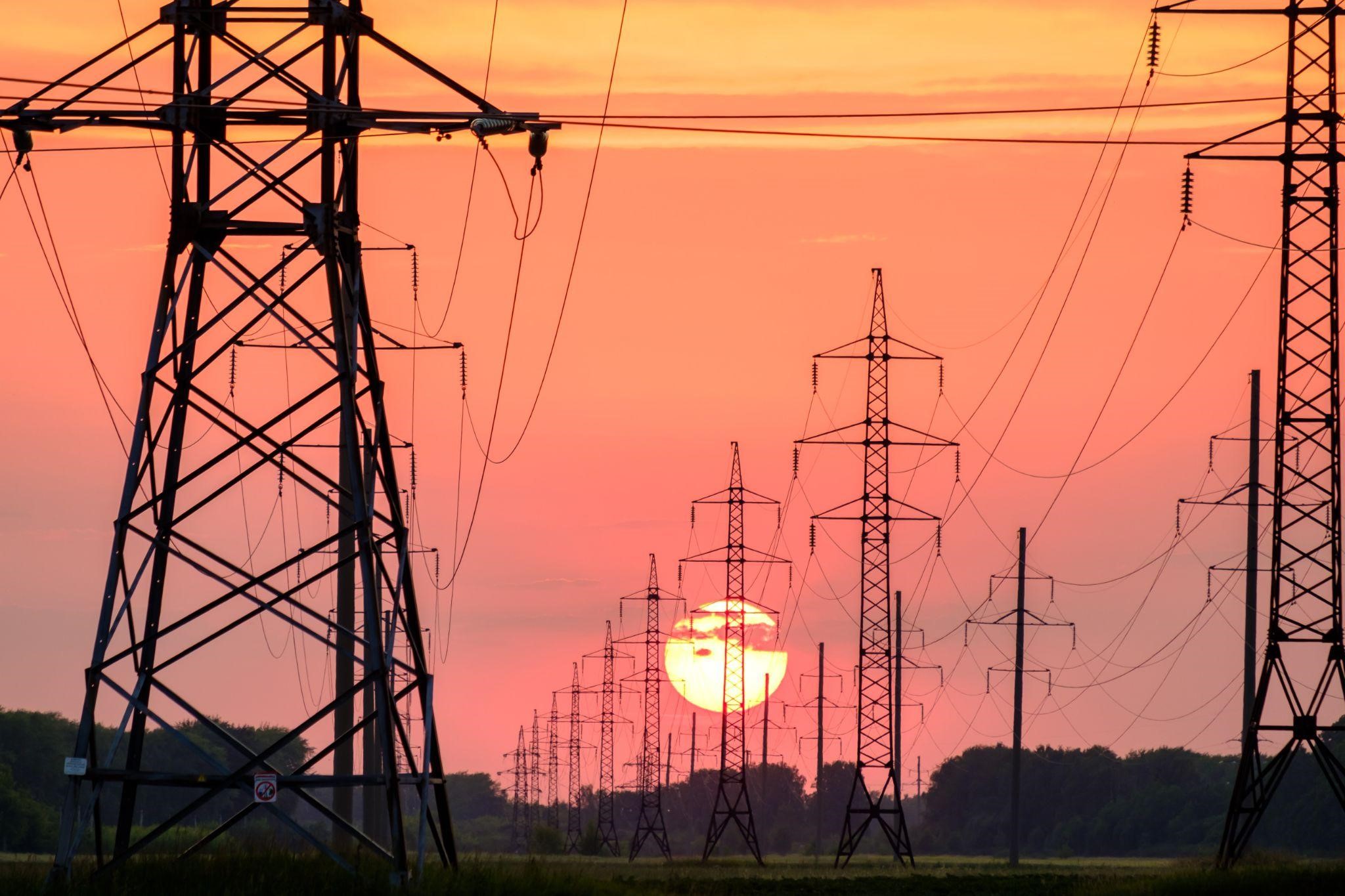Last Updated on: 22nd November 2023, 04:18 am
Change energy habits to help save electricity at home and save on usage costs. Turning off appliances when not in use or even some devices via smart power strips are effective solutions to conserving electricity usage.
Reduce electricity costs with other do-it-yourself strategies such as air-drying dishes or using clotheslines instead of an electric dryer.
Switch off the lights
One of the easiest and simplest ways to save energy is turning off lights when they aren’t needed – this can save money while simultaneously decreasing carbon emissions. Though leaving one on may seem harmless at first, its cumulative effect can add up over time.
Switch to more energy efficient light bulbs – Incandescent lights waste 90% of their energy as heat while only producing 10% in light output, so investing in energy-saving bulbs such as halogen or LED will save money and help save the environment at once.
To calculate how much money switching off lights will save, first find out your electricity rate per kilowatt hour – this should be found on your utility bill – then multiply the number of hours saved with that price per kWh for an estimate of your savings value.
Assuming you have one 40-watt bulb in your home, this would use around 0.04 kWh in an hour and multiply this figure with your local electricity rates to calculate how much money and energy could be saved. Keep in mind that more light bulbs may exist throughout your house – and therefore more savings than expected will result.
Leaving lights on can increase energy costs and can also harm bulbs. Constantly turning on and off lights may reduce their lifespan up to tenfold, as well as cause an electric current surge through wiring which consumes power while creating noise and flicker. Therefore, it is better to turn them off whenever possible when not present in a room.
Turn down the thermostat
The thermostat is one of the key energy-saving tools in any home. Switching it from warm to cool settings will cut heating bills and save money; according to one source, doing this for 8 hours at night while you sleep will result in savings between five to 15 percent on energy costs.
Smart thermostats that learn your patterns can be even more effective at maintaining ideal temperatures for your house at any given moment, using advanced algorithms to quickly determine the optimal setting. They also tell you how long it will take until it reaches that ideal level – helping prevent overheating when you are in a rush to leave home!
However, it’s important to keep in mind that if you lower the thermostat too frequently and then raise it back up again, more energy will be wasted by switching back and forth between temperatures throughout the day. Since heat naturally flows towards cooler areas of your home, keeping a consistent cool temperature throughout is more efficient and will use less energy overall.
Thus, for maximum efficiency it is ideal to set your thermostat to 68 degrees in winter when awake and at home, and 78 in summer. Doing this can significantly lower energy bills during this summer of record-setting heat! You can visit bestestrøm.no/hvordan-spare-strøm for more energy-saving tips. Implementing even one of these measures can save you money.
Turn off the air conditioner
Many homeowners wonder whether switching off their air conditioner all day to save energy would be cheaper in order to reduce costs and conserve resources. Cooling a home can cost over 2,000 kWh each year depending on its size and location, which could add up quickly; you might not want to spend so much money cooling a house if it is possible to conserve.
Unfortunately, just switching off your AC would be a huge miscalculation; rather, try to find an energy-saving balance that still allows your home to feel cool without becoming unbearably hot or uncomfortable.
One approach is using ceiling fans, which help move air around and keep your home cooler. Another solution is closing off rooms you aren’t using or closing vents to direct cool air directly where needed most in your home. Finally, be sure to keep the area around your AC unit free of debris or leaves that could prevent its proper ventilation.
Replace old appliances with new energy-efficient ones
Home appliances account for a significant share of our electricity use, so it’s wise to upgrade to more energy-efficient models as soon as they begin consuming too much power.
Upgrading can greatly decrease electricity use in your home and thus lower bills significantly – though before going out and purchasing eco-certified replacement appliances it is wise to keep two factors in mind: the initial purchase cost as well as the operating cost. Before spending too much on one, remember to also factor in resources used during manufacturing as well as impact of disposal into landfill when its final end of life cycle is reached.
By employing more energy-efficient appliances and household tasks – such as hand washing dishes or drying clothes in the sun – it can further decrease electricity usage.
When you are replacing appliances, choose energy-efficient models of smaller dimensions; that will provide maximum savings.
Unplug unnecessary devices
Did you know that even when an appliance is turned off, it still consumes electricity? This phenomenon is known as “phantom power”, and accounts for up to 10% of household electricity usage.
Vampire appliances include phone chargers, laptop computers, coffee makers and televisions that still draw energy even when turned off. One way to fight back against such energy-sapping vampires is unplugging them when finished using them; making this part of your routine can make a significant impactful difference on your electricity bills.
Not only should you unplug appliances that you aren’t using, it is equally as essential to switch them off when finished using them. Many appliances use energy even in standby mode – therefore switching off is the most efficient way of conserving energy.
There are many ways for you to conserve energy. This both helps save you money in the long run and helps protect the environment.





